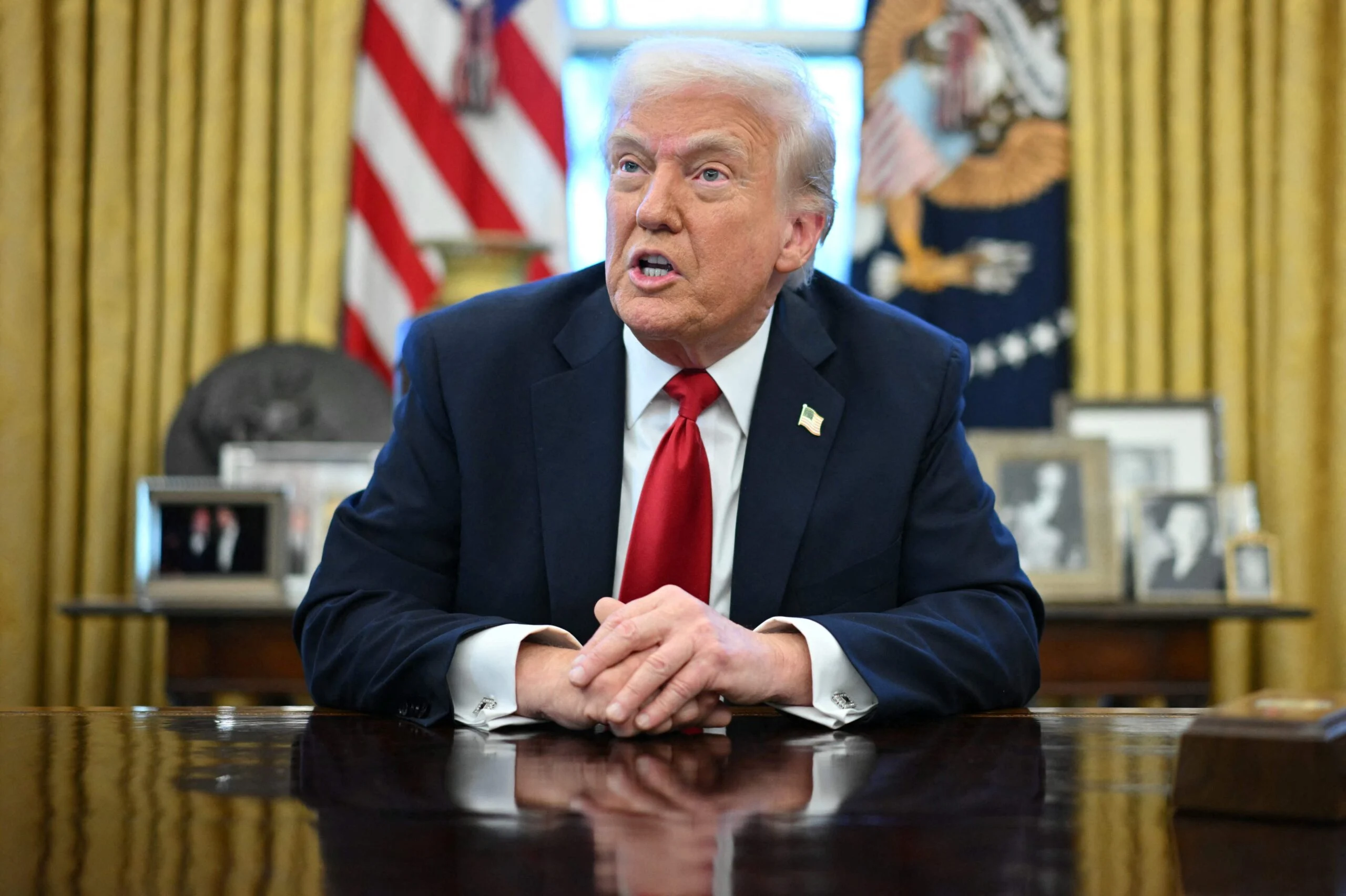Publisher: Maaal International Media Company
License: 465734
IMF: Saudi Arabia Posts Unprecedented Services Balance Surplus as Net Tourism Income Surges 38%
The International Monetary Fund (IMF), following its 2024 Article IV consultations with Saudi Arabia, confirmed the Kingdom’s significant progress in its economic transformation.
It has made notable strides in modernisation and diversification within the framework of Vision 2030. A recent analytical study on fiscal space has facilitated a recalibration of planned investment spending, enabling a re-prioritization of projects based on sectoral strategies.
While oil production cuts led to an overall economic contraction of 0.8% in 2023, the non-oil sector showed robust growth, with non-oil GDP increasing by 3.8%, primarily driven by private consumption and investments outside the oil sector.
اقرأ المزيد
Unemployment has reached an all-time low, and female labour force participation remains well above the 30% target of Vision 2030. The Saudi economy has also been primarily insulated from ongoing geopolitical events.
Headline inflation decelerated sharply, dropping from 3.4% in January 2023 to 1.6% year-on-year by May 2024, supported by a solid nominal effective exchange rate.
However, rents are growing at around 10%, driven by an influx of expatriate labour and significant redevelopment projects in Riyadh and Jeddah. Additionally, wholesale prices have increased recently due to rising input costs and higher wages for skilled workers.
The current account surplus narrowed significantly to 3.2% of GDP in 2023 due to lower oil exports and strong growth in investment-related imports. However, this was offset by an unprecedented surplus in the services balance, including a 38% rise in net tourism income. Reserves remain robust, covering 15.8% of imports and 208% of the IMF’s Reserve Adequacy Measure by the end of 2023.








